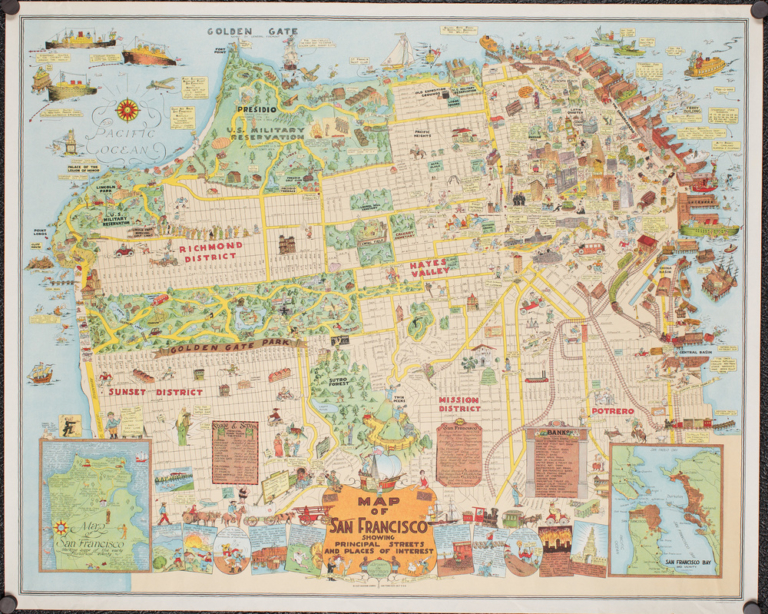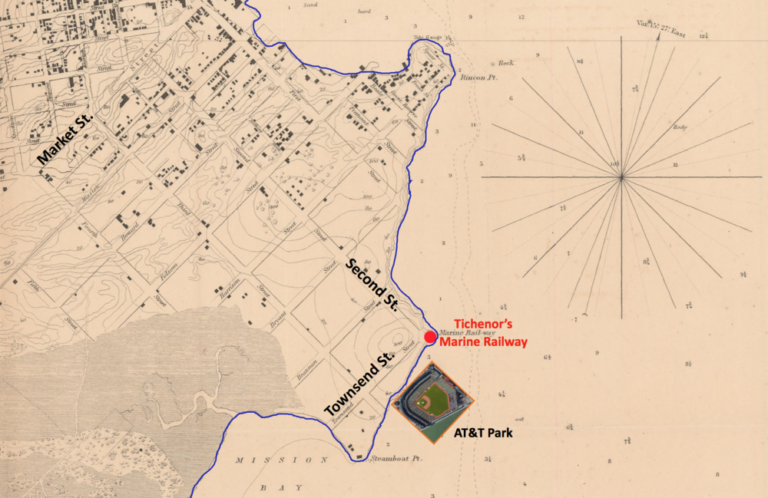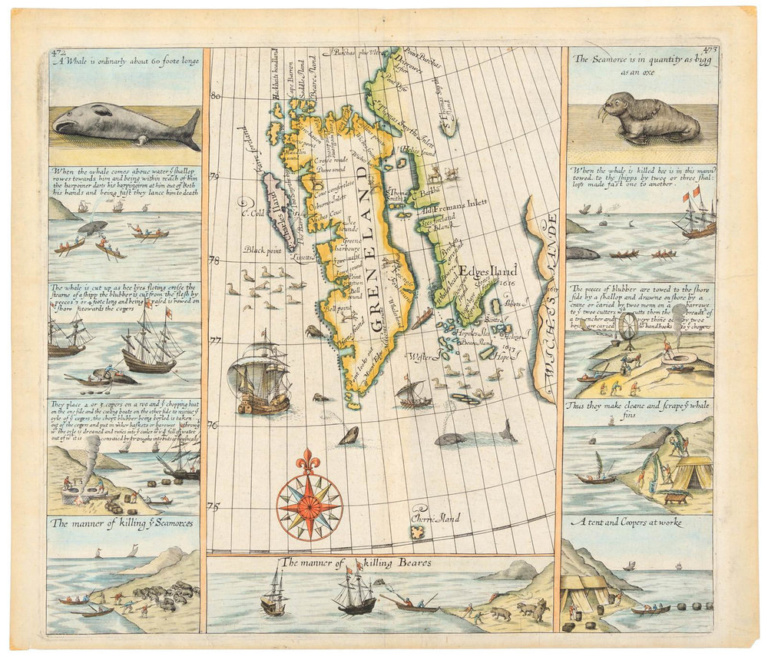One of the most successful descriptions of the world from the Renaissance and certainly the most successful of the 16th century was Sebastian Münster’s Cosmographia. First published in Basel in 1544, it contained an important collection of woodcut maps based both on Ptolemy and new maps for the Age of Discovery.
The new maps include a world map in its first state, showing a Northwest Passage to the Mollucas (per hoc fretum iter para Molucas – by this passage is the way to the Moluccas). North America is called Terra Florida and is almost into a separate Francisca (New France). South America is still referred to as America sive Insula Brasilii (America or the island of Brazil), referring to an island that was drawn in the western ocean before the Americas were discovered (Shirley 70).
The book – which is a hybrid of geography, history, and philosophy – is perhaps most famous for its map of the Western Hemisphere (Burden map 12, state 3), the inclusion of which, according to Burden, helped popularize the name ‘America.’ Magellan’s ship, the Victoria is shown in the Pacific and Magellan’s Straight separates the continent from Tierra del Fuego. In addition to the curious details and form of North America (seen also in the world map), cannibals dominate Brazil and the Yucatan is depicted as an island.
Other important new maps include the Asia map, which shows Japan as an empire of over seven thousand islands, and the Africa map, on which kingdoms are indicated by crowns, Guinea is dominated by a cyclops, and the Mountains of the Moon feed the Nile River (Betz map 3).
Overall, Münster’s Cosmographia remains an incredible work of craftsmanship and science, a representation of the Renaissance worldview and known world in the 16th century.
[sp_wpcarousel id=”2748″]
References: Graesse IV, 622; Burmeister 68; Sabin 51386. Burden, The Mapping of North America, #12, 1st state. Shirley, The Mapping of the World, #77, 1st state. Alden, Vol. I, p. 52, #542/22. Stevens (Ptolemy) 49: Karrow. Mapmakers of the Sixteenth Century, p. 422.



